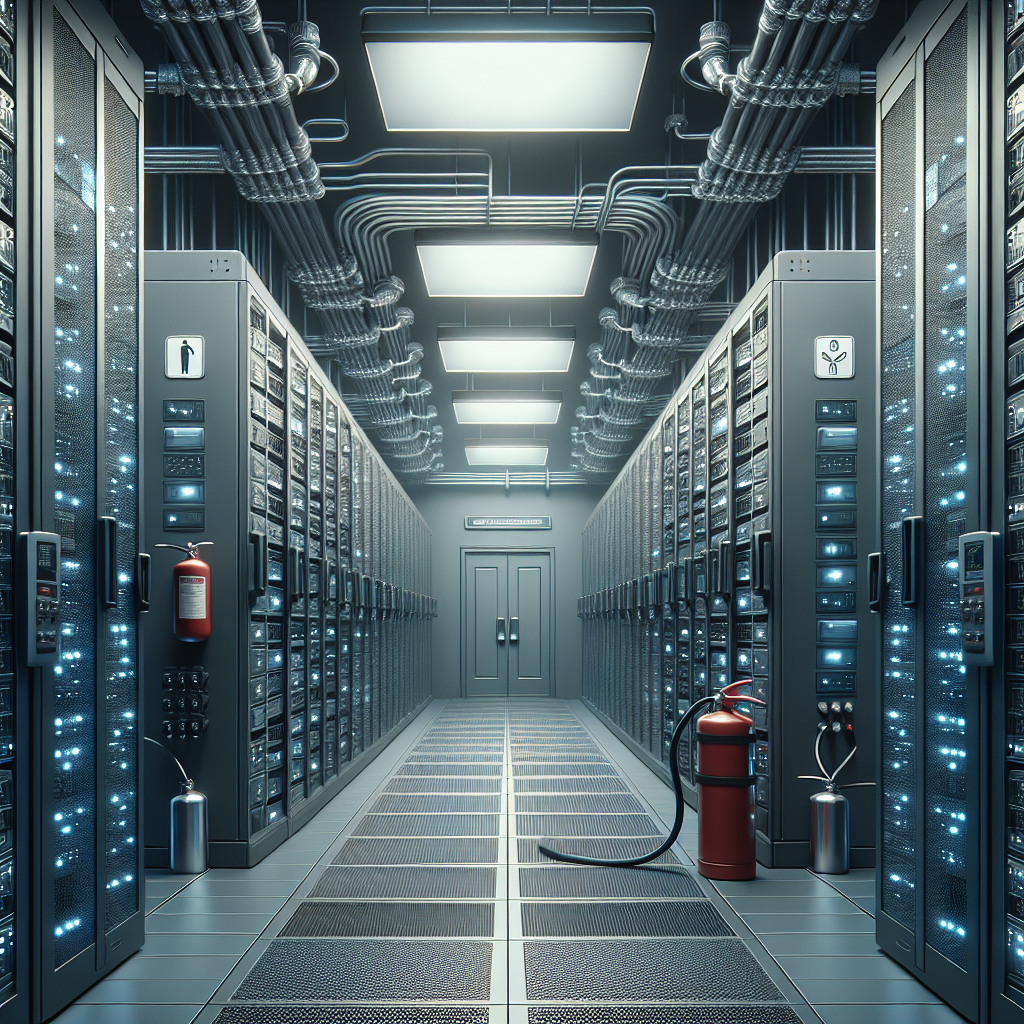Your cart is currently empty!
Fire Suppression Regulations and Standards for Data Centers

In today’s digital age, data centers play a crucial role in storing and processing massive amounts of information for businesses and organizations. With the increasing reliance on data centers, it is essential to ensure that these facilities are equipped with proper fire suppression systems to protect valuable data and prevent potential disasters.
Fire suppression regulations and standards for data centers are put in place to ensure that these facilities are equipped with adequate fire protection measures to minimize the risk of fires and protect critical infrastructure. These regulations are designed to address various aspects of fire safety, including detection, suppression, and evacuation procedures.
One of the key regulations that data centers must adhere to is the National Fire Protection Association (NFPA) standard 75, which provides guidelines for the protection of information technology equipment. This standard covers various aspects of fire protection, including the installation and maintenance of fire detection and suppression systems, as well as emergency response procedures.
In addition to NFPA 75, data centers must also comply with local building codes and regulations governing fire safety. These codes may vary depending on the location of the data center, but they typically require the installation of fire detection and suppression systems, as well as regular inspections and testing of these systems.
When it comes to fire suppression systems for data centers, there are several options available, including water-based systems, gas-based systems, and hybrid systems. Water-based systems, such as sprinkler systems, are commonly used in data centers due to their effectiveness in quickly suppressing fires and minimizing damage to equipment.
Gas-based suppression systems, such as clean agent systems, are also popular in data centers as they provide a fast and effective way to extinguish fires without causing damage to sensitive electronic equipment. These systems work by releasing a gaseous agent that displaces oxygen in the air, suffocating the fire.
Hybrid systems, which combine water-based and gas-based suppression systems, offer a comprehensive approach to fire protection by providing both primary and backup suppression methods. These systems are designed to provide a layered approach to fire protection, ensuring that fires are quickly and effectively extinguished.
In conclusion, fire suppression regulations and standards for data centers are essential to protect critical infrastructure and prevent potential disasters. By ensuring that data centers are equipped with proper fire suppression systems and complying with relevant regulations, businesses can safeguard their valuable data and ensure the continued operation of their facilities. Investing in robust fire protection measures is crucial for the safety and security of data centers in today’s digital landscape.

Leave a Reply